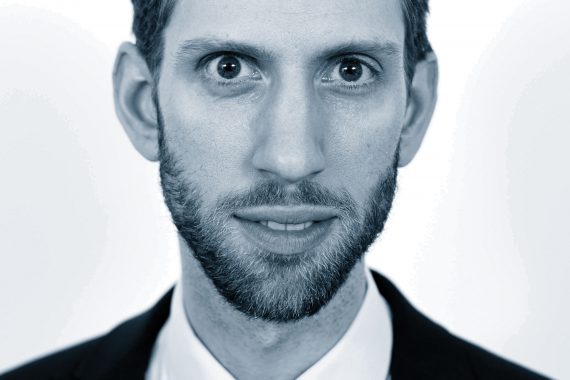We are reaching the point of no return in the junior doctors’ dispute. Either through blind confidence, hubris – or a combination of both – Jeremy Hunt has just tipped the health service into uncharted territory.
By effectively rebuffing the BMA’s offer of ‘conciliatory talks’ at ACAS to resolve the dispute, Mr Hunt has slammed shut the only exit door there was for both sides to avoid an all out strike.
Now neither can turn away from the inevitable, without a severe loss of face. He will be recorded in the history books as the health secretary that provoked junior doctors into an unprecedented national strike in England. Not a impressive legacy.
And the sad thing is that there were various opportunities over the past few weeks for Mr Hunt to make more placatory noises and avoid all-out war, for instance in his letter to junior doctors earlier this month, but at every turn he has simply managed to anger this normally placid group even further.
The BMA has not been without fault in this whole process, but misusing statistics and implying that the union had somehow brainwashed all 37,000 junior doctors into becoming ‘militant’ has not covered Mr Hunt in glory.
And all this partly explains the thumping mandate the BMA now has for industrial action, with 99% of junior doctors voting for industrial action and 98% for strike action; all this on a turn-out of 76%, giving a cool overall 74% support for a strike.
Unless there is a radical change of course, GPs will see pickets outside their practices on the 1, 8 and 16 December, as GP trainees are required to protest at their place of work.
The BMA says practices should ‘take any steps necessary’ to ensure that their practice continues to run without their trainees and it also encourages GP practices ‘to be supportive of action taken by trainees working within their practice’.
Inevitably, this kind of strike action will increase the workload for practices, with patients avoiding their local hospital. But most GPs seem to be in support of their junior colleagues and will put up with the additional workload – with some perhaps even tempted to join them on the barricades.
The war of words in the media has already started – with NHS England raising the Paris attacks and the ‘ongoing threat level in the UK’ as a concern.
At this time, it has never been more important that the medical profession presents a united front. The GPC has passed a resolution ‘applauding’ the ballot result and you only have to take a quick look at the Pulse comments section to realise many GPs are supportive.
The truth is that the younger doctors have captured the mood of the entire medical profession in their fight, and that is probably the biggest threat to the health secretary. Today it is the junior doctors, but where could this all end?
Nigel Praities is editor of Pulse
Pulse October survey
Take our July 2025 survey to potentially win £1.000 worth of tokens












